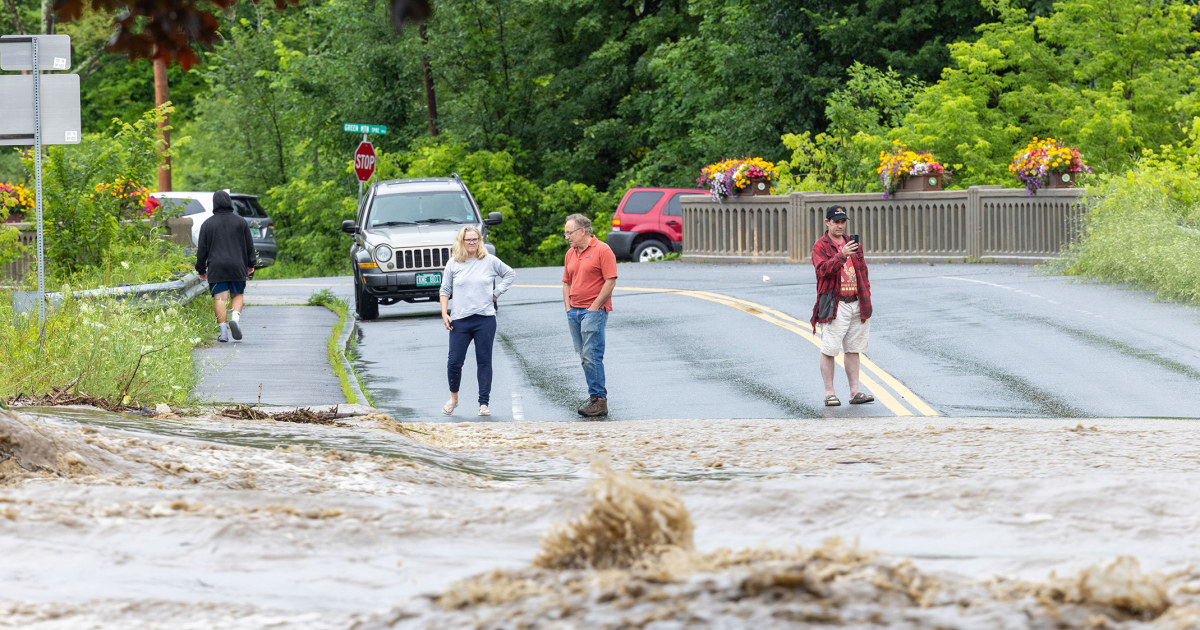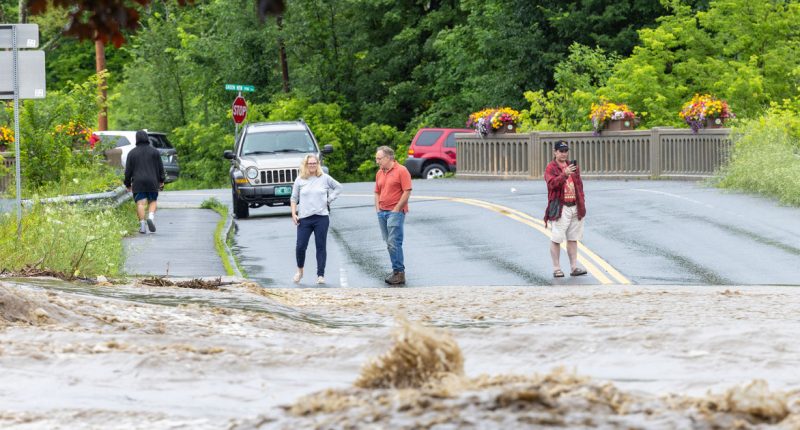
A looming government shutdown could delay hundreds of real estate transactions each day and cause a shock to the industry because some home buyers will be unable to secure flood insurance, industry and flood experts said.
The authorization of the National Flood Insurance Program expires alongside the government’s funding at 12:01 a.m. Sunday. If lawmakers do not reauthorize the program, about 1,300 property closings each day could be delayed, according to estimates from the National Association of Home Builders.
“Closings are going to stop” in flood-prone areas, said Jim Tobin, the organization’s chief executive officer. “It’s going to have some lasting effects, really putting a lot of real estate transactions on hold for a time.”
That could force builders to hold on to properties longer than expected and also leave buyers in the lurch and waiting on Congress.
The disruption comes at a tenuous time for the housing market, which has seen mortgage interest rates soar to their highest level in 23 years, suppressing demand. Meanwhile, the lapse comes at a time when climate change is intensifying the water cycle and making severe flooding more likely.
When a person wants to purchase property in an area with a significant flood risk — called a special flood hazard area — flood insurance must be secured to get a mortgage loan. The National Flood Insurance Program provides that insurance.
If the program expires, the Federal Emergency Management Agency and its partners won’t be able to issue new policies until it is reauthorized by Congress.
“That has the practical impact, in a lot of cases, of holding up real estate transactions where flood insurance is required,” said Chad Berginnis, executive director of the Association of State Floodplain Managers.
About 4.7 million flood insurance policies in the United States are from the National Flood Insurance Program, according to the Congressional Research Service.
Existing policies would remain in effect and FEMA would still be able to pay out claims until the program’s funding runs out. Last month, the program had about $3.8 billion in its funds, including reserves, according to the research service.
A prolonged shutdown and lapse to the program could strain FEMA’s ability to pay out claims after multiple major disasters. Atlantic hurricane season ends Nov. 30. (Several months after Hurricane Ian in 2022, the program paid out almost $4 billion for that flooding event, according to a FEMA news release.)
The flood insurance program has experienced some brief lapses in the past. Earlier this month, Sen. John Kennedy, a Republican in flood-prone Louisiana where 500,000 use the National Flood Insurance program, pushed a bill to extend the flood insurance program for a year calling it an “economic and commercial necessity” that he did not want to see expire during hurricane season. That bill has not moved.
Source: | This article originally belongs to Nbcnews.com










